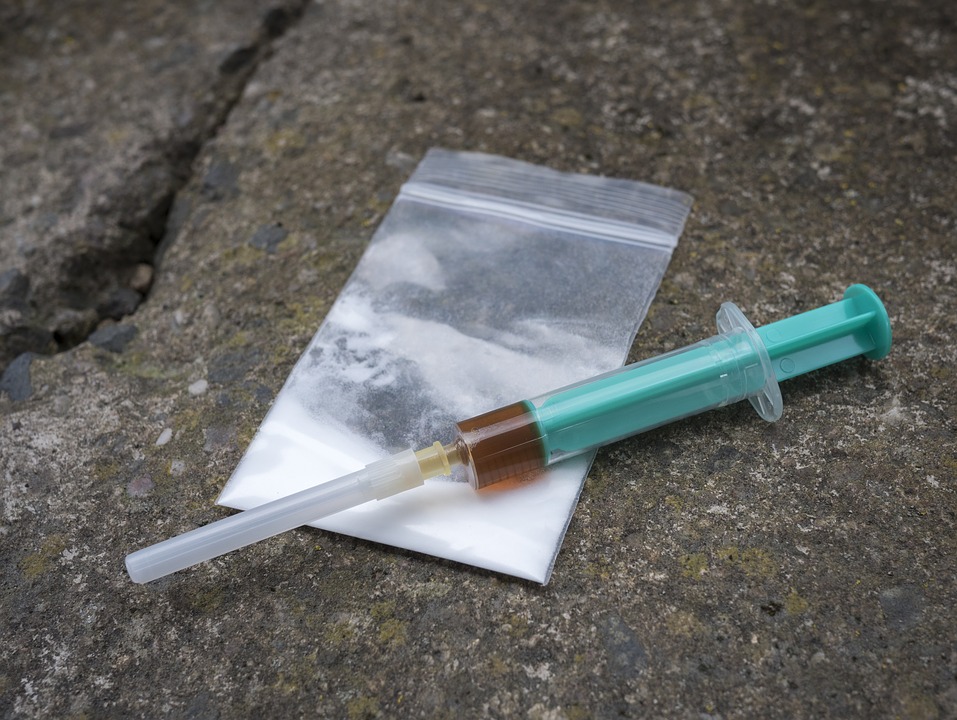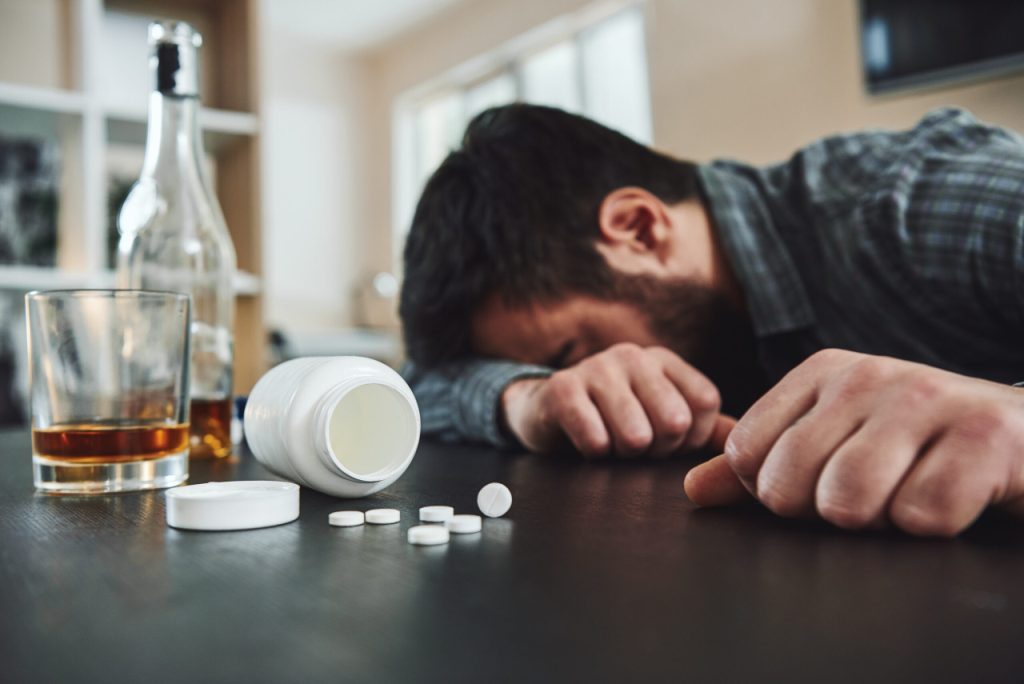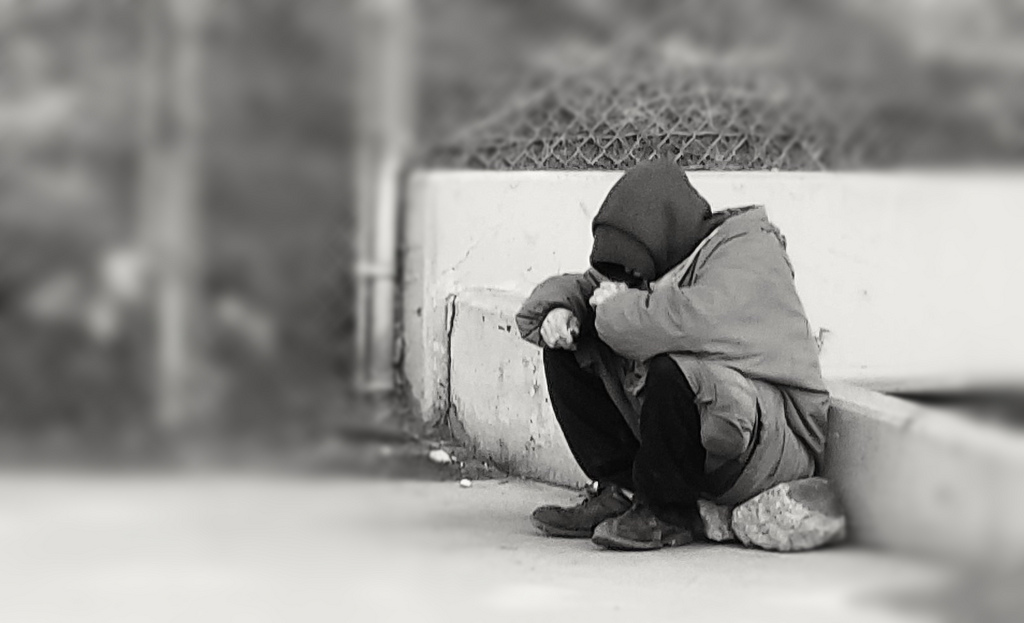Drug addiction, also called substance use disorder, is a complex condition that affects a person’s brain and behaviour and leads to an inability to control the use of a legal or illegal drug or medicine. Substances such as alcohol, marijuana and nicotine also are considered drugs.
Substance Use Disorder is characterised by the problematic use of substances, leading to significant distress and impairment in daily life.
Types of substances consumed
Types of substances consumed by drug addicts include illegal drugs like Cocaine, heroin, methamphetamine, etc. Addiction can even happen with prescribed medications like Opioids, benzodiazepines, stimulants, etc. apart from common substances like Alcohol, nicotine, cannabis, etc.




